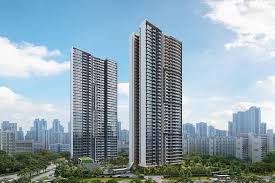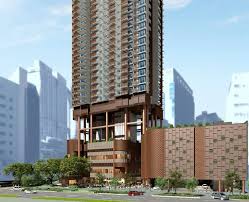The current climate supports price growth.
Interest rates have declined significantly over the past two years, and this downward trend is likely to continue.
To put things in actual numbers, fixed mortgage rates have fallen from 3.75% in October 2022 to 2.6% in October 2024.
In the new launch market, we can see that demand is still strong.
The latest 2 launches in the past month:
Meyer Blue: 54% sold ($3,260psf avg)
Norwood Grand: 84% sold ($2,067psf avg)
In the resale market, buyers would have fewer options next year as the expected completed pipeline supply would be the lowest in the next few years.

Slower growth does not mean no growth
Private Residential Price Growth from Q1 2019- Q3 2024

After a strong run from 2021-2023, the recent moderation in the property market is a healthy development that will ensure its continued growth and stability.

Big picture, longer horizon

Many believe property prices are currently inflated, but historical data shows a consistent pattern: after periods of stagnation or slow growth, prices typically surge to new levels.
Why do we expect that to happen?
Consistent income growth

If we look at the income of the top 30% earners in Singapore, we see a consistent growth. Based on 2023’s statistics, these households are earning more than $20,000/month.
These are the households that can afford and sustain the demand and price growth of private properties, which constitutes 22% of the total dwellings in Singapore (data from Singapore Department of Statistics).
Other known factors contributing to our property market’s growth
-
- Limited land supply that drives up demand and prices
-
- Government regulations that prevents the formation of a property bubble
-
- Strong economy that attracts foreign investment and domestic demand for property
-
- Political stability and low crime rates that makes Singapore a safe haven for investors’ assets
-
- World-class education and healthcare system that contributes to population growth and consequently increased demand for residential properties
While there may be fluctuations in the market from time to time, these underlying factors generally contribute to a long-term upward trend in property prices in Singapore.



